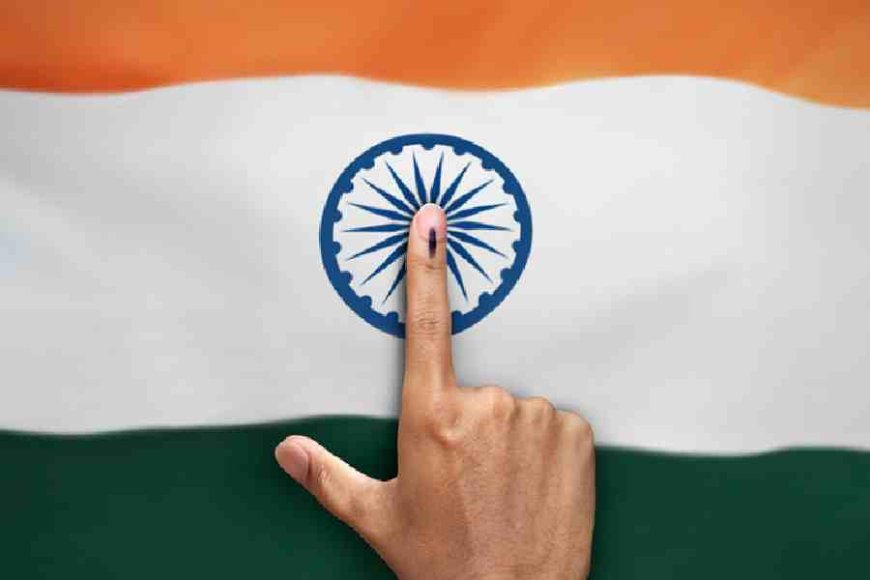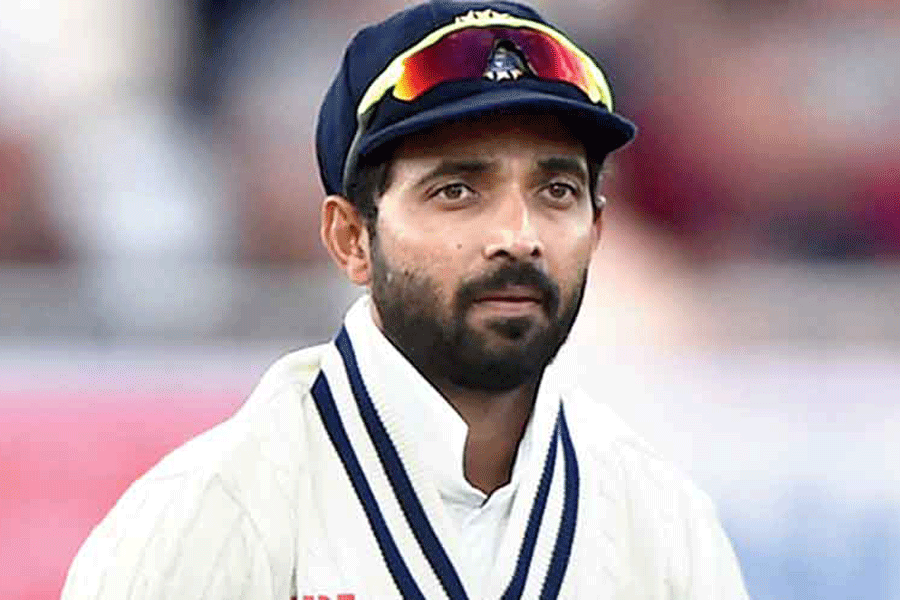Delhi Residents Express Mixed Feelings about "Vote From Home" Initiative for Elderly and Disabled Voters
While Some Welcome the Option, Others Prefer Traditional Voting Experience

While Delhi resident Gul Shivadasani welcomes the Election Commission's "Vote From Home" program for persons 85 years of age and above and those with impairments exceeding 40%, he would still rather cast his ballot in person at the polls.
For Shivadasani, casting a ballot provides a chance to interact with the larger society rather than just fulfilling a civic obligation.
"Going to the polls is one of the few opportunities I get to socialize with people outside of my house," Shivadasani said. Most of his excursions are limited to annual physicals or holiday get-togethers.
In addition to releasing the timetable for the Lok Sabha polls, the Election Commission also introduced the 'Vote From Home' initiative, which aims to make it easier for voters who are 85 years of age or older and those who have over 40% of a disability to participate in the elections.
Shivadasani acknowledges the choice but finds himself at a loss on what to do.
"It's a commendable decision, but I still prefer to vote in person," Shivadasani said, expressing a view that many people in his age bracket share.
"It's possible that my kids will influence my choice at home. But in the booth, I know I can make my decision," he said.
Shivadasani's hesitation is consistent with the wary attitude that voters with disabilities and the elderly have had toward the initiative.
Wheelchair user Shabnam Begum from Aligarh stated: "It's a very personal decision to vote, and I like the act of doing so. Additionally, people are afraid of being influenced unfairly by such techniques. Activists said that certain people need this service because of the severity of their condition, even though they admitted that most elderly people and those with disabilities would prefer to vote in person.
The National Platform for the Rights of the Disabled (NPRD) general secretary, Muralidharan, said that "more coordinated efforts at raising awareness are imperative."
Shivadasani is not the only one who has doubts about the plan.
Due to her immobility, ninety-year-old Feroza Jahan of Noida has not been able to cast a ballot in more than thirty years.
"I was excited about the idea of being able to vote as soon as I learned about the plan. Despite having some trouble comprehending the procedure, I have registered and am excited for the chance to cast a ballot," the woman said.
Chief Election Commissioner Rajiv Kumar had said while releasing the Lok Sabha election timetable that voters 85 years of age and above, as well as those with disabilities, might choose to submit postal ballots and vote from the comfort of their homes.
Senior folks have often had a predisposition to stroll to the booth and take part in the process. We've allowed them to cast their ballots from home this time," Kumar had said.
Disability rights campaigner Dr. Satendra Singh described the procedure, stating that a voter who has asked for a ballot under the plan would be contacted by the relevant booth level official within a period that varies from phase to phase, which is five days.
At the appointed time and day, a team consisting of two poll workers, a videographer, and security guards will visit the voter's home; an SMS notification will be given beforehand, according to Singh.
He made it clear that skipping the visit would mean losing out on the chance to cast a ballot by mail or an electronic voting machine (EVM).
The founder and chairman of Agewell Foundation, Himanshu Raha, said that it is difficult to keep track of the number of aged people.
"It is quite challenging to determine the number of individuals over 85 and those with a 40% disability because the most recent census was conducted in 2011." For an extended period, the majority of these individuals have not even left their houses. Thus, it would be difficult for them to aggressively pursue this," he said.
2.68 crore handicapped individuals were counted in the 2011 census, making about 2.21 percent of India's total population. 5.30 crore women and 5.10 crore males made up the estimated 10.40 crore old persons (those over 60).
On April 19, there will be seven stages for the Lok Sabha elections. On June 4, the votes will be tallied.























































